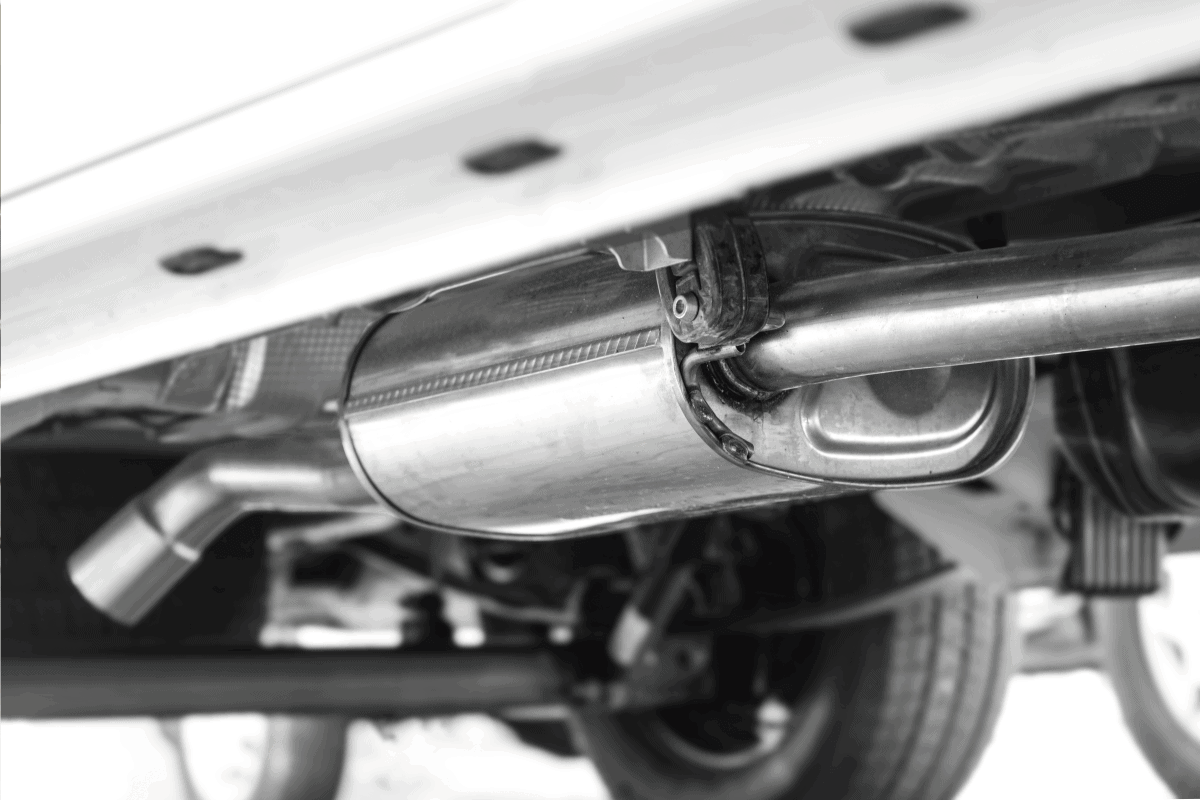Exhaust pipes may seem like a minor component in a vehicle, but they are actually a crucial part of the engine's emission control system. The exhaust pipe is responsible for removing harmful emissions from the engine and expelling them out of the vehicle. Without a functional exhaust pipe, a vehicle would not only emit a higher level of pollutants, but it would also run less efficiently.

An exhaust pipe is a tube that connects the engine to the muffler or tailpipe. It is typically made of steel, aluminum or stainless steel, and comes in a variety of shapes and sizes depending on the make and model of the vehicle. The exhaust pipe is designed to withstand high temperatures and the corrosive effects of exhaust gases, which makes it a durable component for the vehicle's emission system.
One of the most important functions of an exhaust pipe is to reduce emissions. The exhaust gases produced by the engine contain harmful chemicals such as carbon monoxide, nitrogen oxides and hydrocarbons. These pollutants are released into the environment when the engine is running without proper emission controls. An exhaust pipe is designed to channel these gases away from the vehicle's cabin and directly into the atmosphere.
However, as exhaust pipes age, they become prone to rust and deterioration. This can lead to leaks, which can reduce the effectiveness of the exhaust system and cause pollutants to escape into the environment. A damaged exhaust pipe can also negatively impact the vehicle's performance. Exhaust leaks can reduce fuel efficiency and cause the engine to work harder than it should, which can result in a decrease in power and acceleration.
Proper maintenance and replacement of exhaust pipes is crucial for keeping a vehicle running at peak performance while reducing emissions. Regular inspections of the exhaust system can help prevent leaks and ensure that the exhaust pipe is functioning properly. If a leak is detected, it is essential to have the exhaust pipe repaired or replaced immediately to prevent further damage.
If a vehicle owner notices any changes in the way the engine is running, such as a decrease in power or acceleration, it might be worth checking if the exhaust system is working properly. In some cases, a damaged exhaust pipe can lead to more significant problems with the engine, such as decreased fuel efficiency or excessive emissions. This can result in an increased cost of ownership and decreased resale value.
In addition to proper maintenance, vehicle owners may also consider upgrading their exhaust system for improved performance and lower emissions. Upgraded exhaust pipes can be made of higher-quality materials, which can provide better durability and corrosion resistance. They can also be designed to increase airflow, which can result in improved performance and fuel efficiency.
In conclusion, exhaust pipes are a vital component of a vehicle's emission control system. Proper maintenance and replacement can help keep a vehicle running at its best and reduce harmful emissions. Vehicle owners should regularly inspect their exhaust systems and have any issues addressed promptly to avoid further damage to the engine and increased costs of ownership. With a well-maintained and properly functioning exhaust system, a vehicle can run more efficiently while helping to protect the environment.